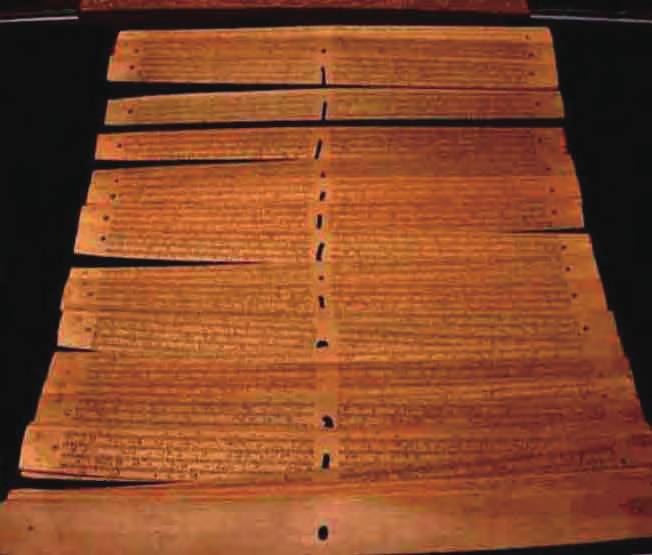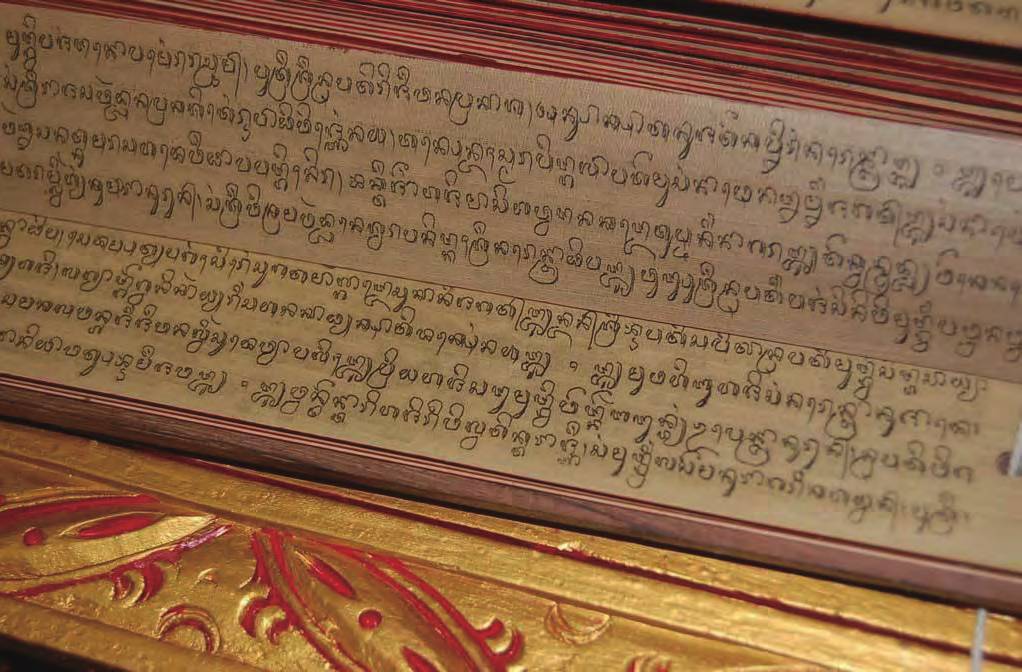
Nāgarakrĕtāgama or Description of the Country (1365 AD)
Indonesia - National Library of Indonesia
Story
The Nāgarakrĕtāgama is a long narrative poem (kakawin) in Old Javanese language inscribed on palm leaves dated to sometime around 1360. It gives a description of King Hayam Wuruk's journey through the realm of Majapahit which geographically covers present-day Java, and whose influence extended to a wide region including the states on Sumatra, the Malay Peninsula, Kalimantan and eastern Indonesia. The poem describes various aspects of the people's life such as social structure, main religious organization, economy, local and international trade, material culture, art, language and literature, games and pastimes of the people, government and political structure of the kingdom, and status of the king and his extended family.
The Nāgarakrĕtāgama gives testimony to the reign of a king in 14th century Indonesia in which the modern ideas of social justice, freedom of religion, and personal safety and welfare of the people were held in high regard. It also testifies to the democratic attitude and openness of authority before the people in an era that still adhered to the absolute rights of kingship. As far as is known, there is no other comparable manuscript from that period or earlier in existence in Southeast Asia.
The existence and prosperity of the Majapahit state as described in the Nāgarakrĕtāgama had inspired nationalist fighters like Sukarno to uphold "the spirit of Majapahit" in their struggle against Dutch colonial rule in the 19th century. This documentary heritage was inscribed on the Asia-Pacific Memory of the World Register in 2008 and on the International Memory of the World Register in 2013.

